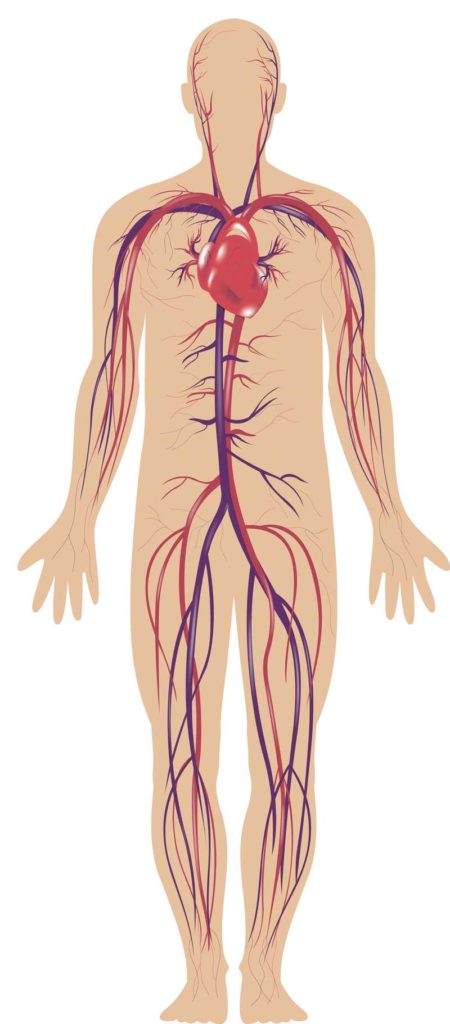By Dr. Craig Brett

February is American Heart Month, which was first recognized by presidential proclamation in 1964 by President Lyndon Johnson.
In his proclamation at the time, Johnson urged “the people of the United States to give heed to the nationwide problem of the heart and blood-vessel diseases, and to support the programs required to bring about its solution.”
While heart disease remains a significant public health issue today, we now know far more about how to stay heart healthy.
American Heart Month continues to serve an important role in raising awareness around cardiovascular disease. Craig Brett, MD, director of cardiology at Northern Light Mercy Hospital, sheds light on some common cardiovascular health topics:
What’s the best way to stay heart healthy?
We don’t often think about how hard our heart works or how to keep it healthy. Each minute, our heart pumps 1.5 gallons of blood through nearly 60,000 miles of arteries and capillaries. Over the course of a day, our heart pumps approximately 100,000 times. That’s a lot of work!
To keep our heart doing this, we need to take good care of it. This includes consuming a healthy diet without too many unhealthy fats or processed foods, maintaining a healthy weight, making sure that our blood pressure is not elevated, exercising on a regular basis, and definitely not smoking.
Some people don’t realize they’re at risk for cardiovascular disease. What exactly are those risks?
The most common form of heart disease is accumulation of fatty deposits in the arteries that feed the heart. This condition, known as coronary artery disease, can make people susceptible to heart attack, and it’s the number one cause of death in our country. Risk factors for developing this problem include high cholesterol, smoking, high blood pressure, diabetes, and a family history of heart disease.
It’s essential that people know what their risks are, as there are very good preventive measures that are available to avoid having a heart attack. The primary care providers and cardiac specialists at Mercy Hospital can help with identifying these risk factors and prescribe therapies to help prevent our patients from being one of the over 600,000 Americans who die of heart disease each year.
What are some key symptoms of this problem and how do they differ for men and women?

If someone has developed coronary artery disease, the most common symptoms are chest pressure, tightness, or pain that comes on when the heart is being asked to do more, such as during physical exertion or with emotional stress.
Women will most commonly have these same symptoms, although they are more likely than men to have “atypical” symptoms, which may include shortness of breath, fatigue, nausea, or just not feeling right.
We ask our patients to get in touch with their medical providers if they are experiencing these symptoms, and to call 911 if their symptoms arise unexpectedly.
Content Provided by Mercy Hospital




